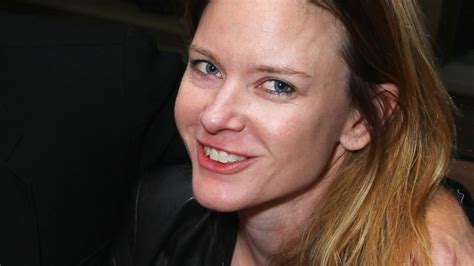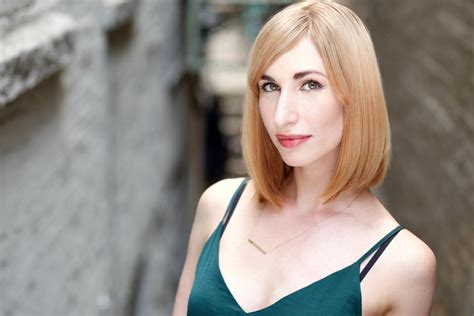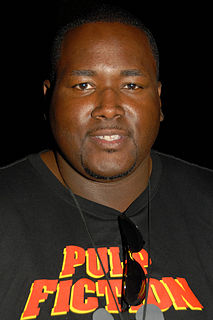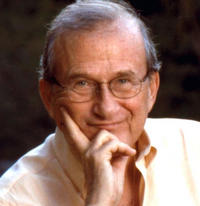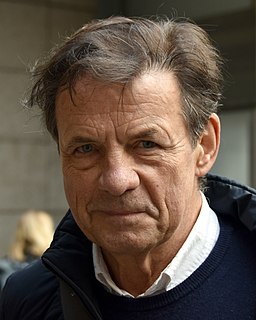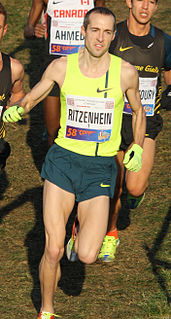A Quote by John Green
In general-like not just in fiction but in life-it doesn't work out well when someone imagines someone else as a manic pixie dream girl or an Edward Cullen or anything other than a full, complex human being. That said, while I've tried to reflect that in my books, I don't think I've always succeeded, because I am always running up against my own insufficiencies and biases etc.
Related Quotes
We live in a culture that does not encourage women to be epic heroes of their own Big Stories but the mothers and lovers and wives and mistresses and muses and personal assistants, the femme fatales and fantasies and manic pixie dream girls, in someone else's Big Story, and this someone else is usually a dude.
We live in a very self-absorbed age. I guess it's naturally human to think about my own problems as somehow greater than someone else's. I think when any one of us begins to think that way, it might be well to look beyond ourselves. Who am I to say that I am more handicapped, or suffering more, than someone else?
I think now that I've tried directing, I'm not interested in doing adaptations anymore. I could do an adaptation of someone else's work that I would write, but the idea of taking someone else's material entirely doesn't interest me. One of the things that I found really helpful, at least in my mind - and I've never discussed this with the actors or with the people I work with - is that being a neophyte in directing, I feel like I have a kind of authority simply because I'm the writer as well.
I think that most of us, anyway, read these stories that we know are not "true" because we're hungry for another kind of truth: the mythic truth about human nature in general, the particular truth about those life-communities that define our own identity, and the most specific truth of all: our own self-story. Fiction, because it is not about someone who lived in the real world, always has the possibility of being about oneself. --From the Introduction
You're trying to play someone [Edward Cullen] who's seen by a lot of people as being this perfect thing, but what is that? That doesn't really mean anything. You're trying to play an archetype on one hand and then a character on the other, so I felt insanely frustrated right up until the last shot, and then it ended.
That's what sometimes separates people who always run and always train and people who maybe move on in life and do something else. I think I'm a lot more likely to be someone like Joan Benoit (Samuelson), who keeps going forever, just because I actually really like it, as opposed to someone who stops and never runs again.
Dena had always been a loner. She did not feel connected to anything. Or anybody. She felt as if everybody else had come into the world with a set of instructions about how to live and someone had forgotten to give them to her. She had no clue what she was supposed to feel, so she had spent her life faking at being a human being, with no idea how other people felt. What was it like to really love someone? To really fit in or belong somewhere? She was quick, and a good mimic, so she learned at an early age to give the impression of a normal, happy girl, but inside she had always been lonely.

